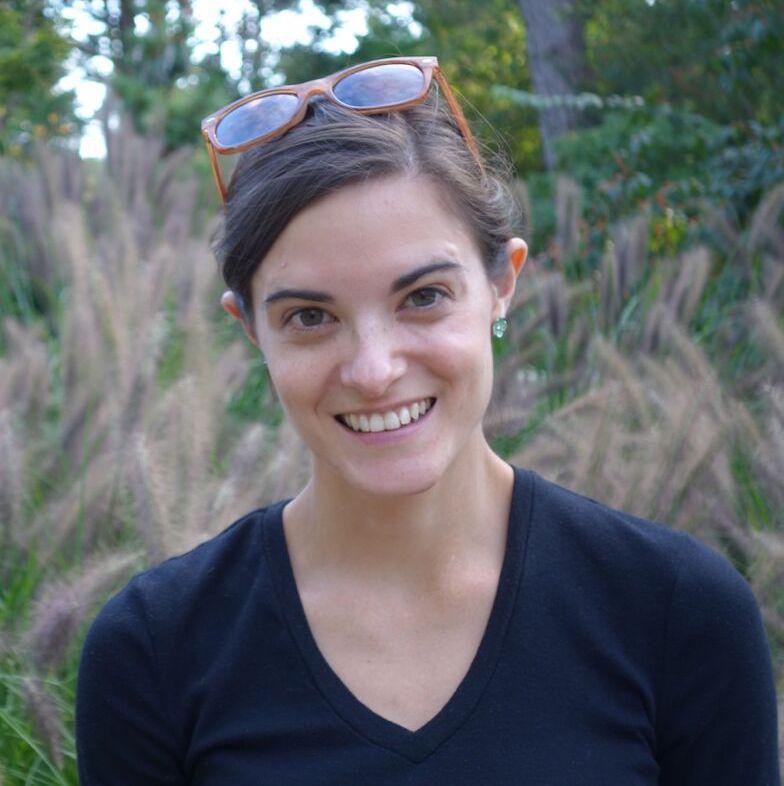B.A. in English Literature, Swarthmore College, 2008
Ph.D. in Biology, University of Virginia, 2015
Postdoc, University of Toronto, 2015-2018
We study the evolution, ecology, and genetics of species interactions in the plant root microbiome.
Plants and animals rely on microbes to perform key functions. As a result, hosts have evolved a diverse array of genetic mechanisms to attract, regulate, and reward these microbial mutualists. However, many genes underlying mutualisms play a dual role in resisting parasites and pathogens. The shared genetic basis of these interactions precludes independent host responses to different microbes, creating a genetic tradeoff between them. While the significance of such genetic pleiotropy for most other traits has been recognized for nearly a century, its role in species interactions remains largely overlooked. The goal of my lab's research is to understand how genetic pleiotropy influences the ecology and evolution of species interactions.
My lab explores these questions in the root microbiome of plants in the genus Medicago (alfalfa and its relatives). Legumes like Medicago acquire nitrogen—essential for plant growth—from mutualistic bacteria known as rhizobia. Like many other plants, they are also attacked by parasitic root-knot nematodes that steal nutrients. Many of the same plant genes mediate both symbioses, creating a genetic tradeoff between the two interactions.
We combine fieldwork, greenhouse experiments, and genomics to investigate how genetic pleiotropy in the Medicago microbiome — such as the genetic tradeoff between attracting rhizobia and resisting nematodes — shapes the evolution of host genes and affects adaptation in wild plant populations.
Full list of publications on Google Scholar

